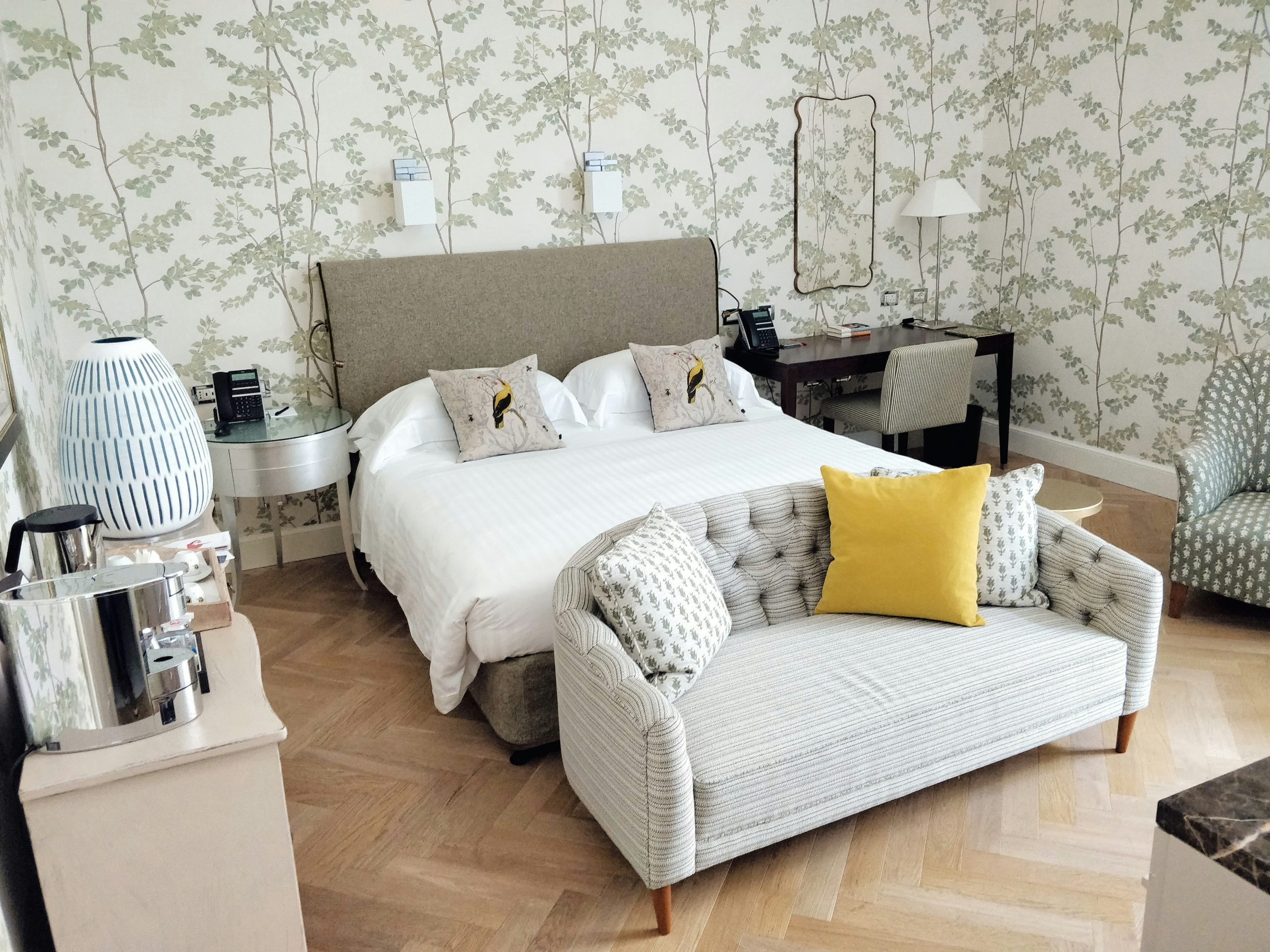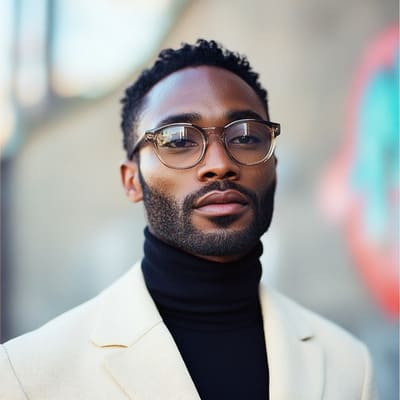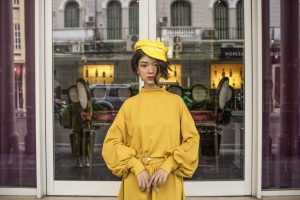Luxury Transforming Perspectives in Unexpected Ways
The concept of luxury has been evolving throughout history, representing wealth, abundance, and extravagance. It has always been associated with highly-priced products and services, catering to the elite class. However, in recent years, luxury has taken a new form, influencing perspectives in unexpected ways.
Luxury Beyond Material Possessions
Noble Experiences
Luxury today goes beyond mere material possessions; it has transcended to offering noble experiences. It has become more than owning designer clothes or driving an expensive car. Instead, luxury is now about indulging in unique experiences that enrich our lives, creating lasting memories and transcendent emotions.
For instance, wellness retreats, which were once considered a luxury only accessible to the rich, are now available to a wider audience. People are investing in rejuvenating experiences, seeking refuge from their fast-paced lives, and placing more value on their physical and mental well-being.
Sustainable Luxury
Another significant shift in the luxury industry is the growing focus on sustainability. With increasing awareness about the environmental impact of consumerism, luxury brands are redefining their practices to become more eco-friendly. For instance, fashion companies are using sustainable materials, implementing ethical labor practices, and reducing their carbon footprint.
Moreover, luxury consumers are also becoming more conscious of their choices and opting for sustainable products and services. They are willing to pay a premium for ethically-made and environmentally-friendly luxury goods, making sustainability a key element of modern luxury.
Luxury Fostering Positive Change
Empowering Artisans
Luxury brands are now using their influence to bring about positive change in society. They are partnering with local artisans and craftsmen, promoting their traditional skills and empowering them economically. By collaborating with these communities, luxury brands are not only preserving their cultural heritage but also cultivating a sense of social responsibility.
For example, luxury fashion brand Gucci has been working with female artisans in India’s Kutch district, providing them with employment opportunities and elevating their handicrafts to a global platform. Such initiatives not only promote diversity and inclusivity but also contribute to the sustainable development of local communities.
Supporting Social Causes
Luxury brands are also using their resources to support social causes and address pressing issues. They are leveraging their influence to raise awareness and funds for various social and environmental causes, such as women’s empowerment, education, and climate change.
One such example is jewelry brand Tiffany & Co., which launched its Tiffany Save the Wild Collection in partnership with the Wildlife Conservation Network. The proceeds from this collection go towards supporting the protection of elephants, reflecting how luxury is using its platform to bring about positive change.
The Future of Luxury
Personalized Luxury
As luxury continues to evolve, personalization is emerging as a key trend. With advancements in technology, luxury brands are utilizing data to create personalized products and services, catering to the individual needs and preferences of their customers.
From tailor-made clothing to customized travel experiences, luxury is becoming more personalized, offering a sense of exclusivity and intimacy. This trend also reflects the changing consumer behavior, where people seek unique and personalized experiences rather than material possessions.
A Rise in Digital Luxury
The COVID-19 pandemic has accelerated the digitization of luxury, making it more accessible to a wider audience. Virtual experiences, such as online fashion shows and virtual store tours, have become the new norm for luxury brands.
Moreover, the pandemic has also amplified the importance of e-commerce for luxury brands. Many luxury retailers have shifted their focus to online sales, and digital platforms are now crucial for reaching and engaging with customers.
Conclusion
As luxury continues to evolve, it is transforming perspectives in unexpected ways. It is no longer just about material possessions or catering to the elite class. Luxury is now about creating meaningful experiences, promoting sustainability and social responsibility, and embracing technology.
The luxury industry has come a long way from its traditional roots, and with the changing consumer behavior and technological advancements, its future is full of endless possibilities. As luxury continues to transform, it is redefining the way we perceive and interact with this concept, making it more inclusive, sustainable, and empowering.











